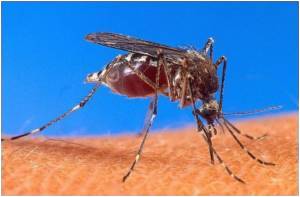
They found that the composition of virus populations in healthy intestines is unique to each individual and stable over time.
Even identical twins - who share many of the same intestinal bacteria - differed in their gut's viral make-up.
"This study is looking into the genesis of the human body by seeing what viruses within it are up to," says Jeffrey Gordon at Washington University in St Louis, Missouri.
More than 10 trillion bacteria normally inhabit the gastrointestinal tract, where they synthesize essential amino acids and vitamins, produce anti-inflammatory factors and help break down starches, sugars and proteins that people could not otherwise digest.
"It could be that viruses are the real drivers of the system because of their ability to modify the bacteria that then modify the human host," he adds.
Advertisement
The bacterial viruses also appeared to mainly be lying low as 'prophages' rather than multiplying and killing the bacteria they infect.
Advertisement
The team found genes encoding proteins never detected before in bacterial viruses. When in bacteria, these proteins are part of pathways responsible for carbohydrate metabolism and amino-acid synthesis. Viruses carrying such genes might alter them and insert them into gut bacteria, potentially changing a person's metabolism.
The study is published in Nature.
Source-ANI











